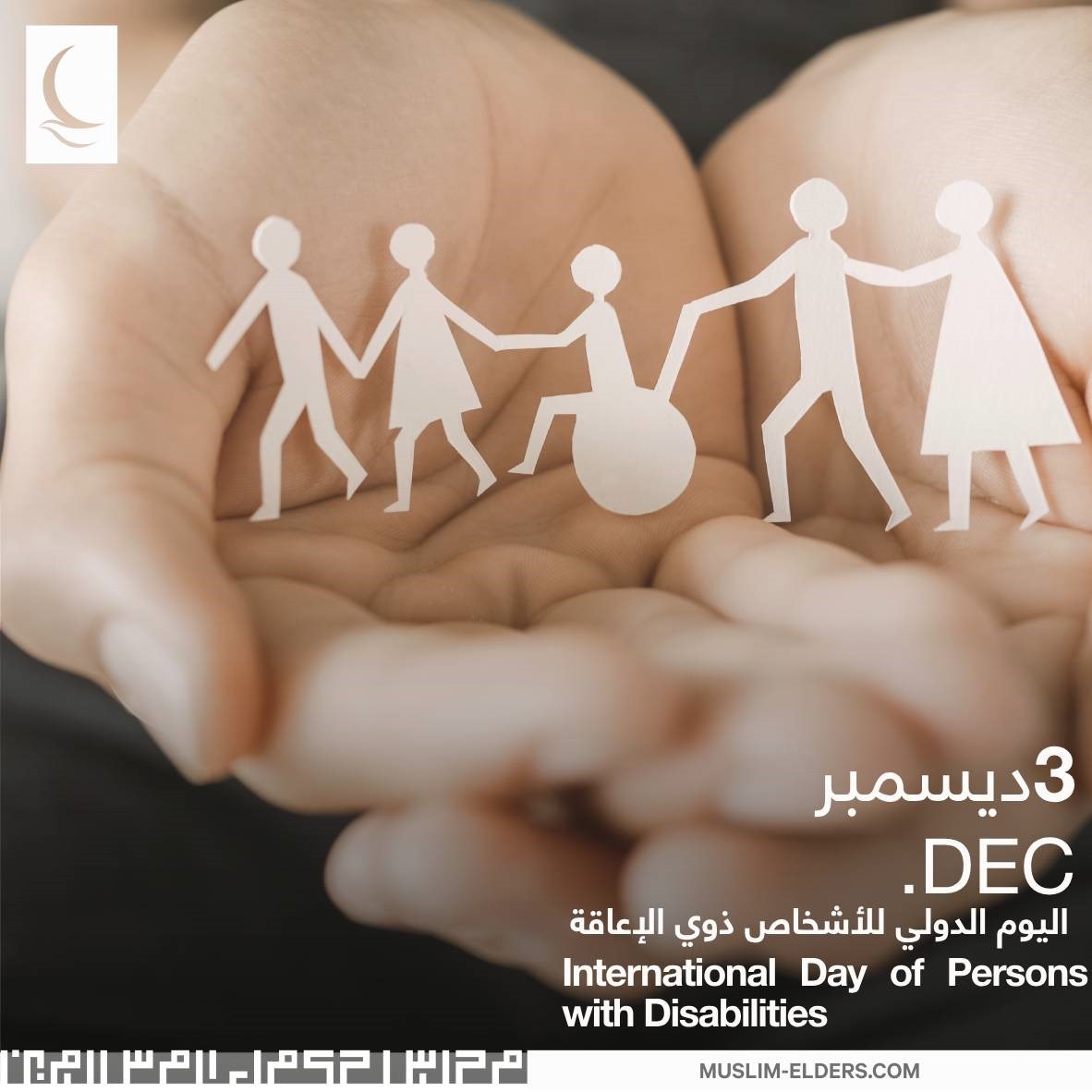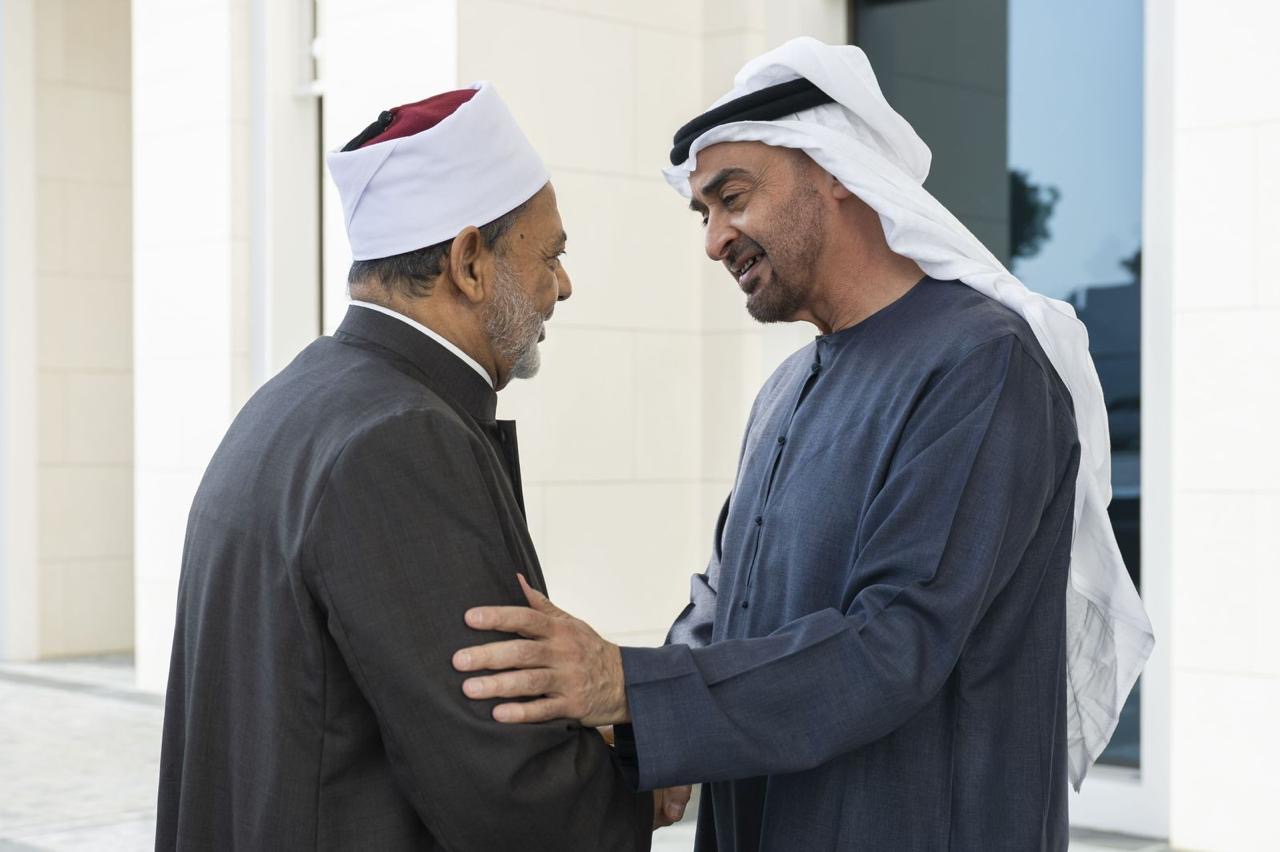In a celebration that captured both official and public attention, the Muslim Council of Elders wrapped up its inaugural participation at the Baghdad International Book Fair to critical acclaim.
The Muslim Council of Elders’ efforts to promote tolerance, peaceful coexistence, and inter-Islamic dialogue received widespread praise from all sectors of Iraqi society.
The pavilion of the Muslim Council of Elders concluded its first notable participation in the Baghdad International Book Fair, which received widespread acclaim for the Council's efforts in spreading and establishing the culture of tolerance and peaceful coexistence, building bridges of communication, dialogue, and understanding, and enhancing the values of inter-Islamic dialogue. The pavilion attracted visitors from different components of Iraqi society, who were keen to visit the pavilion and learn about the latest events and major publications, and participate in the cultural activities and events organized by the pavilion from September 12 to 22 in the Iraqi capital, Baghdad.
The pavilion of the Muslim Council of Elders witnessed a large influx of leaders and officials, top scholars, and Fiqh jurists in Iraq. Notably present were the President of Iraq, Dr. Abdul Latif Al-Rashid; His Excellency Dr. Ahmad Fakak Al-Badrani, Minister of Culture, Tourism and Antiquities; His Excellency Dr. Ahmad Al-Mubarqa, Minister of Youth and Sports; His Excellency Dr. Ibrahim Namis Al-Jubouri, Minister of Education; Dr. Walid Al-Hilli, Advisor to the Prime Minister of Iraq; His Excellency Dr. Hassan Nazim, former Minister of Culture, Tourism and Antiquities and the official spokesperson of the Iraqi government; Dr. Adnan Al-Jumaili, Deputy Minister of Higher Education and Scientific Research for Administrative and Financial Affairs; Dr. Alaa Abdul Hassan, Advisor to the Minister of Higher Education and Scientific Research; a delegation from the Council of Iraqi Scholars led by Sheikh Dr. Mahmoud Abdul Aziz Al-Ani; His Eminence Dr. Jawad Al-Khoei, President of the Al-Khoei Institute and the accompanying delegation; Dr. Mustafa Al-Ani, Director of the Baghdad International Book Fair, in addition to a group of intellectuals and thinkers, all of whom praised the Council's efforts in promoting the values of tolerance and shared coexistence, establishing bonds of communication and understanding among different Islamic schools of thought, and supporting efforts aimed at unifying the nation and restoring its civilizational role.
The delegation from the Muslim Council of Elders, participating in the Baghdad International Book Fair, also made visits to several Iraqi religious institutions, notably the Iraqi Fiqh Academy and the Al-Khoei Institute. Discussions focused on the urgent need to unify the Muslim community and promote a culture of understanding, dialogue, and communication among various Muslim sects and Islamic schools of thought. The parties exchanged views on numerous significant issues affecting the Arab and Muslim world, including the role of scholars and religious institutions in combating extremism and enhancing a moderate discourse based on correct scriptural interpretation and reasoning, highlighting the tolerance of Islam.
In line with the Muslim Council of Elders’ efforts to correct misconceptions and spread enlightened, moderate thought, and to build bridges of understanding with others, the Council's pavilion gifted copies of its diverse and high-quality publications to several universities and intellectual, scientific, and cultural institutions in Iraq. These recipients welcomed this generous gesture, affirming that these publications will aid researchers and students, enrich academic libraries with moderate intellectual content, correct misconceptions through providing reliable reference sources, and help build an aware generation capable of facing intellectual challenges and achieving peaceful coexistence and understanding.
For the first time, the Muslim Council of Elders participated with a dedicated pavilion at the Baghdad International Book Fair, showcasing over 220 publications in 5 different languages, including 24 new releases that address key intellectual and cultural issues. The Council also organized a series of distinguished seminars and lectures, featuring a selection of top thinkers, scholars, and academics. These sessions discussed various topics related to enhancing dialogue and understanding among all Muslim sects and schools of thought. The seminars explored the principles and foundations of inter-Islamic dialogue in light of the objectives of Shari’a, as well as the current and future state of this dialogue among the Ummah, in addition to mechanisms for activating the role of educational and scientific institutions in promoting inter-Islamic dialogue.

